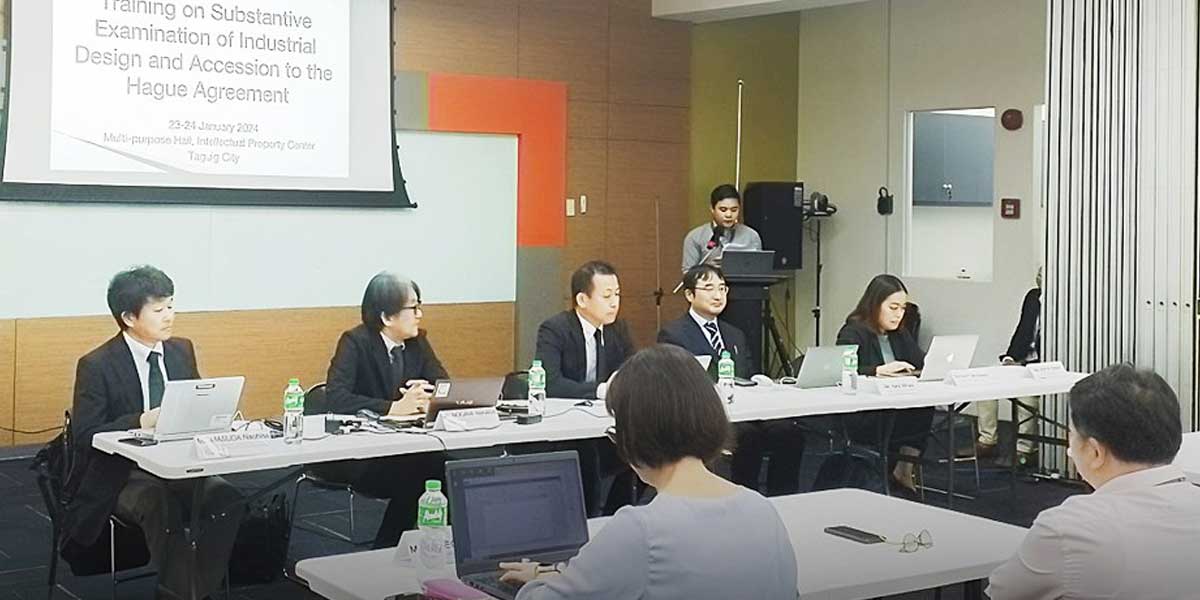

The Intellectual Property Office of the Philippines (IPOPHL) is taking significant strides in enhancing its capabilities in the realm of industrial designs, signaling its readiness to engage with the international filing system under the Hague Agreement.
In a press release, IPOPHL said its Bureau of Patents (BOP) has concentrated its efforts on upskilling patent examiners, particularly in the substantive examination of emerging and intricate industrial designs.
This initiative comes at a crucial time as the BOP has seen a notable increase in design application filings — a 20% surge in 2023, growing to 1,488 from 1,241 the previous year.
The BOP’s examiners enriched their expertise through a two-day seminar held in January 2024, focusing on advanced examination methods.
Esteemed organizations such as the Japan Automobile Manufacturers Association (JAMA) and the Japan External Trade Organization (JETRO) led the seminar, imparting cutting-edge Japanese techniques in design creation and the nuanced evaluation of designs for establishing novelty.
IPOPHL’s Director General, Rowel S. Barba, highlighted the timely nature of this skill enhancement, particularly for local designers targeting global markets.
The knowledge exchange with Japanese experts is anticipated to provide a competitive edge to Filipino designers.
Looking ahead, IPOPHL is preparing for the country’s accession to the Geneva Act of the Hague Agreement concerning the international registration of industrial designs, known as the Hague System.
The accession documents have been forwarded to the Department of Foreign Affairs, and IPOPHL expects the Philippines to join the Hague System within the year, operationalizing it by late 2024 or early 2025.
The adoption of the Hague System will streamline the process for Filipino designers to protect their designs across multiple jurisdictions, offering a more cost-effective and efficient international filing route.
To manage the anticipated increase in online applications, IPOPHL is also planning to enhance IT support in collaboration with the World Intellectual Property Organization (WIPO), alongside upskilling its administrative staff for better process management.
This move is particularly advantageous for the nation’s small and medium enterprises (SMEs), as it reduces the financial burden of securing international design protection, fostering a conducive environment for innovation and design excellence on a global scale.